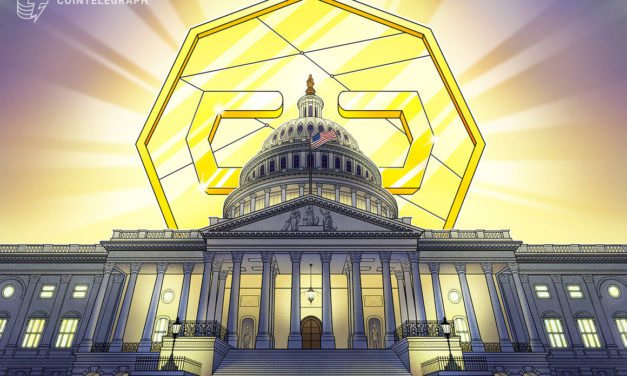NYDIG study calculates the value of regulation worldwide in terms of BTC price gains
The need for regulation is a common theme in discussions about cryptocurrency, and the claim is often taken to be self-evident. Now, financial services company New York Digital Investment Group (NYDIG) has done some number crunching to prove the point. In a new study, NYDIG quantifies the effect of regulation on the price of Bitcoin (BTC) worldwide.NYDIG studied Bitcoin prices at regular intervals following regulatory events affecting digital asset taxation, accounting and payments, as well as decisions on the legality of service providers and the digital assets themselves. The research looked at the Americas, Europe, China and Asia except for China, and confined itself to the period between September 30, 2011, and March 31, 2022. The number of regulatory events considered in the study varied between 17 in the Americas and 10 in China. With the exception of China, Bitcoin price rises were seen in absolute terms at all intervals and in all regions after a regulatory event, with the prices jumping over 100% in all cases in 365 days.Data relative to “average Bitcoin return” showed similar trends, although less sharply. In the Americas, Bitcoin prices rose 160.4% in absolute terms 365 days after regulatory events, and 32.3% in relative terms. In Europe, those figures were 180.1% and 52.0%, respectively. In Asia except for China, the figures were 116.9% and -11.2%, however.China was the exception that proved the rule. The authors called regulation in China “existential,” noting that the Chinese government gradually imposed bans on mining and trading of digital assets. Therefore, the negative impact of regulation they found on Bitcoin prices in China was also evidence of the effect of regulation. Related: Deloitte and NYDIG set up alliance to help businesses adopt BitcoinThe authors conclude, “The results of the study are clear. Both on an absolute basis as well as [a] relative basis, increasing regulatory clarity is advantageous for the price of Bitcoin.” Then they moderate their language almost immediately, writing:“The implication is that regulatory clarity, while not always perfect, is appreciated by investors. It is worth noting that it is impossible to directly observe the effect of regulation as there are myriad factors impacting price at any given time.” Nonetheless, the authors express confidence that, due to the scope of their sampling, “the effects of this noise are somewhat cancelled out” in their findings.
Čítaj viac






